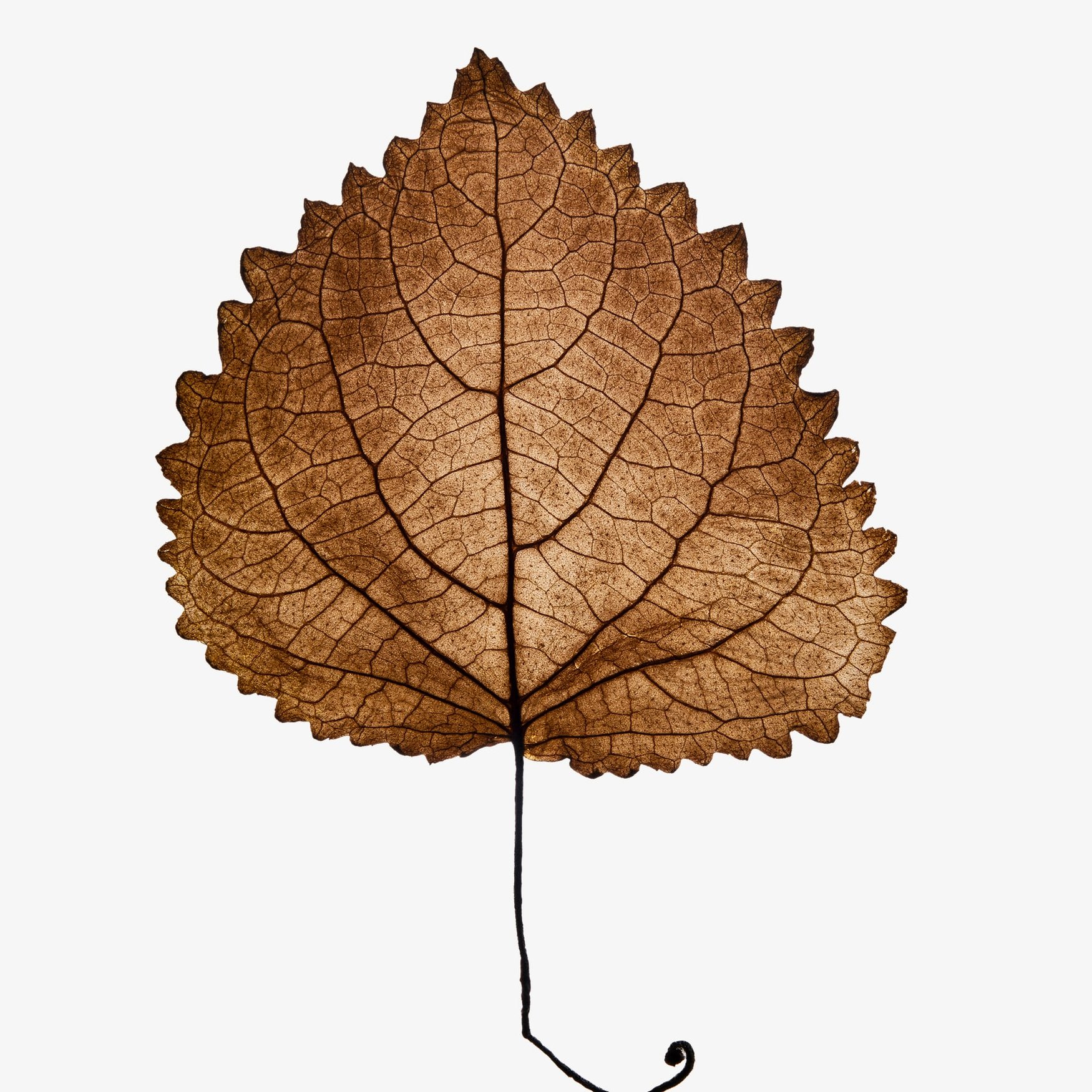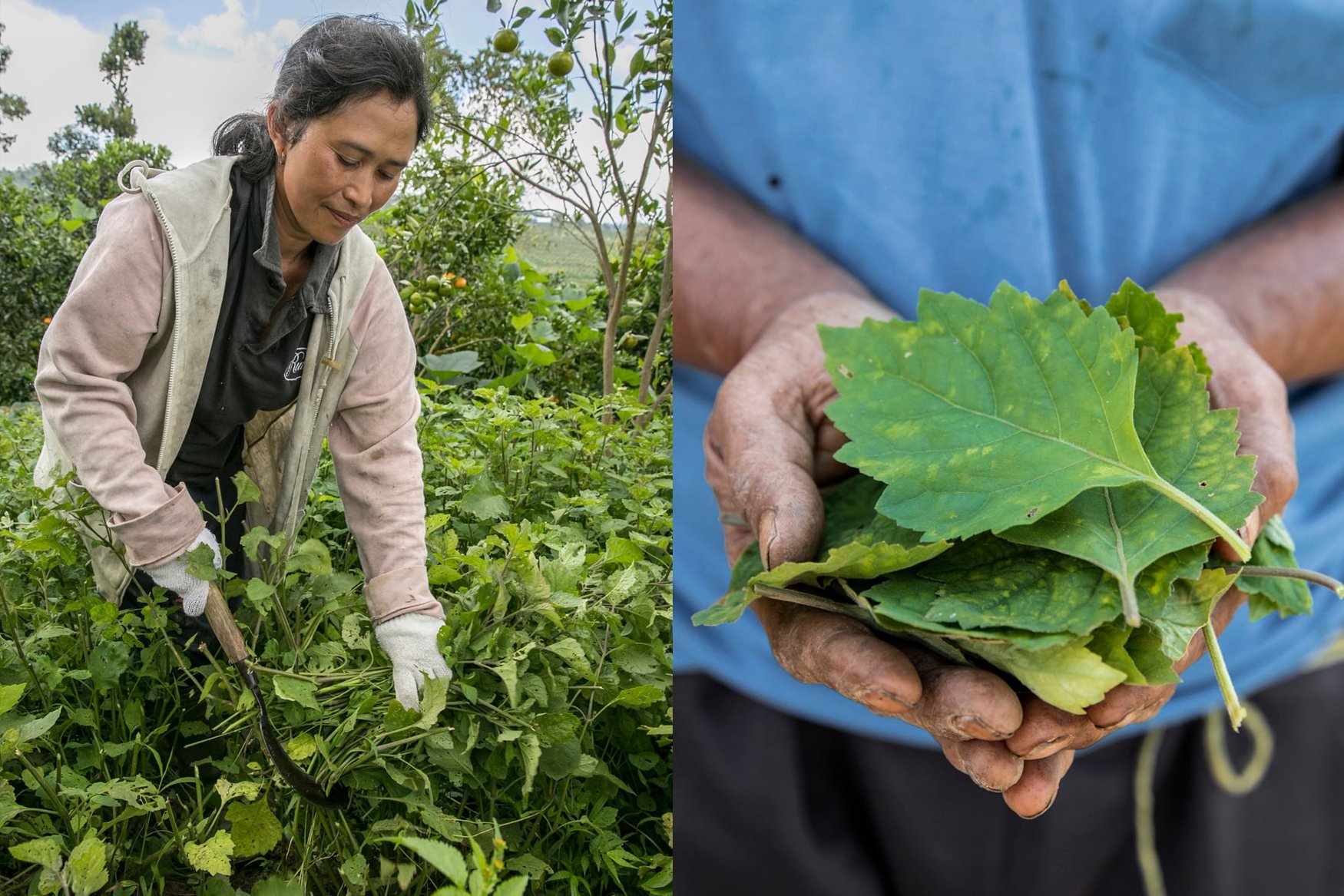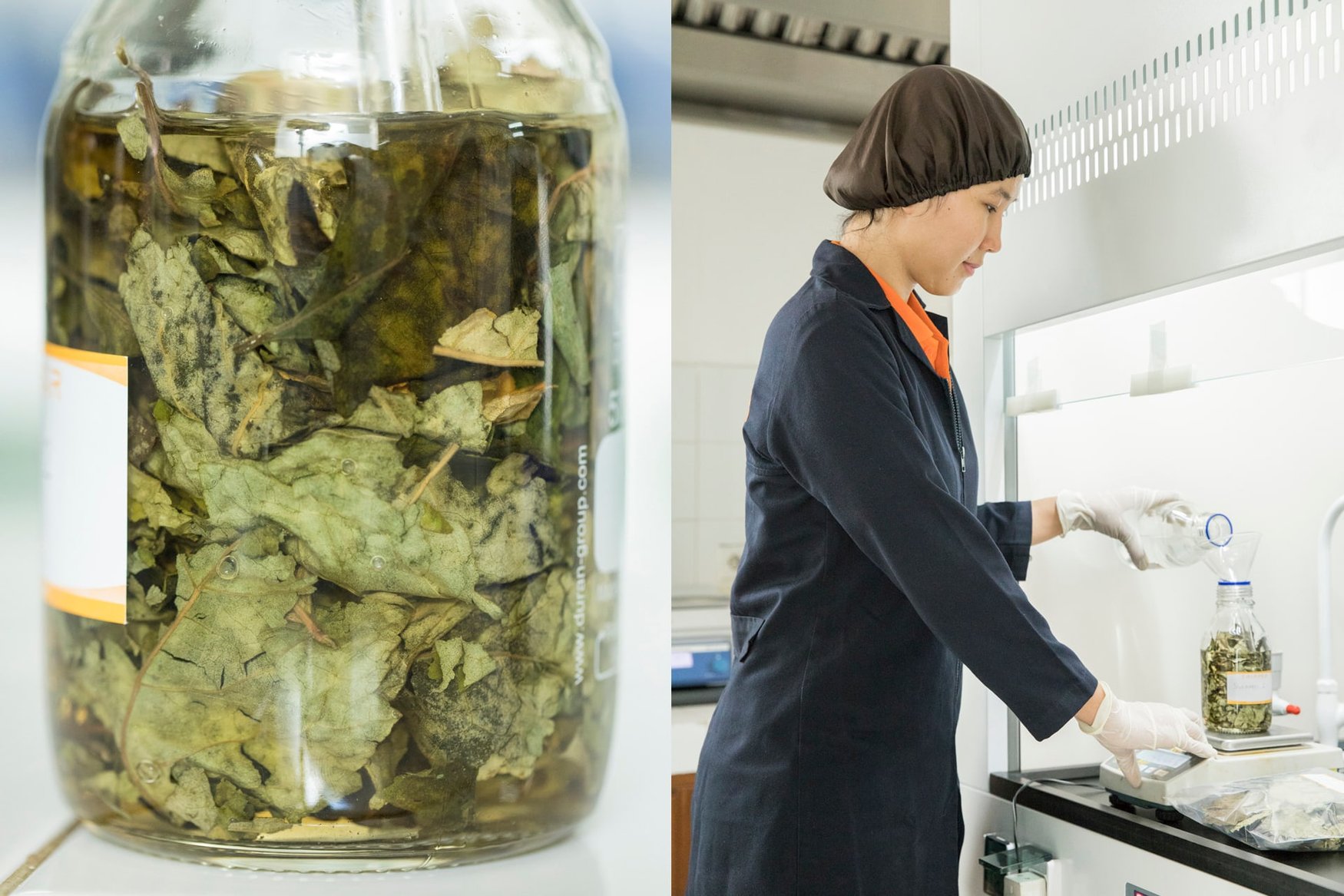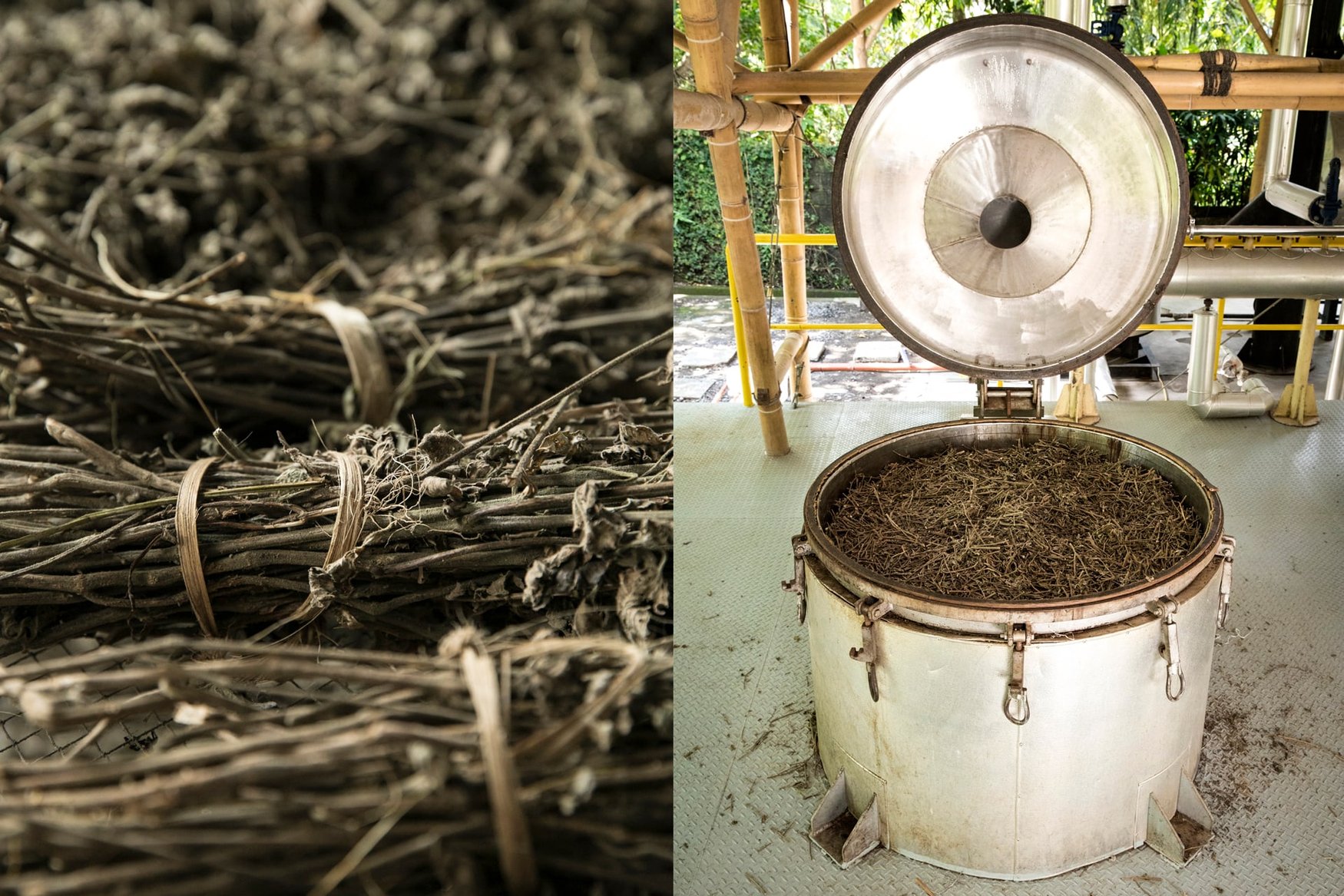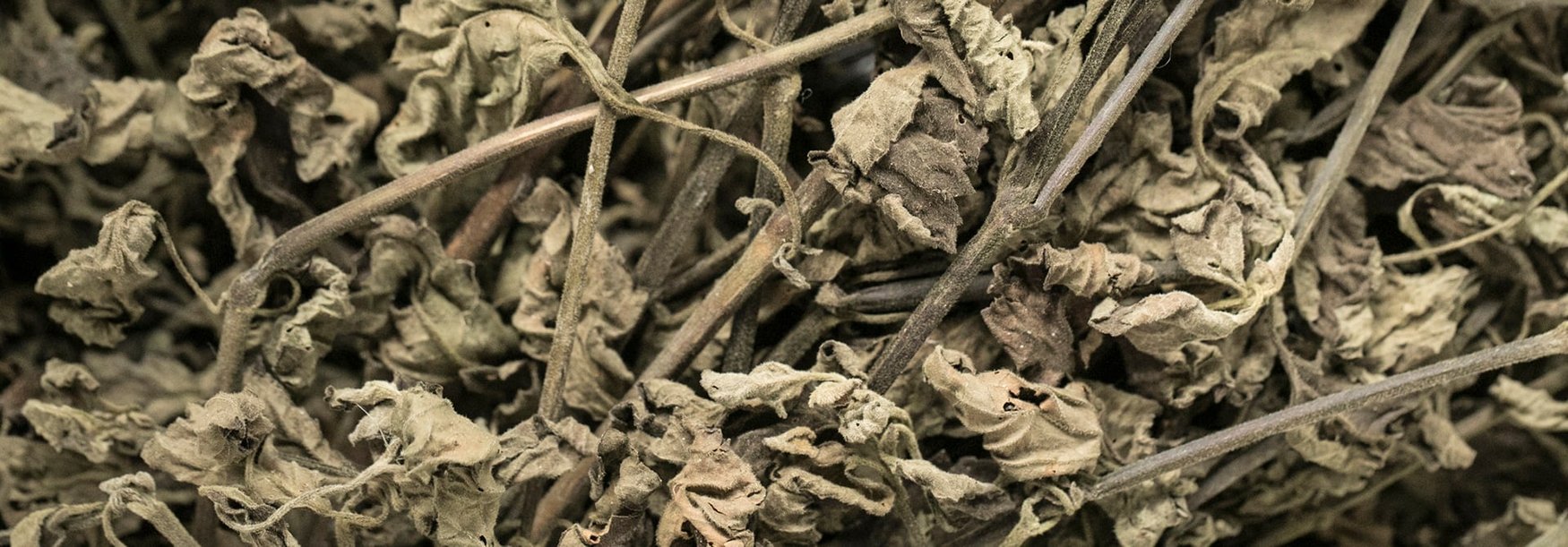Patchouli (Guatemala)
Penetrating woody, humus, earthy, powerful and heady yet tender.
Deep, warm and powerful, patchouli is an ever-popular perfume ingredient renowned for its heady, hedonistic qualities as both a smooth fixative and intoxicating note. Its heavy, woody facets are incredibly earthy and beautifully structure chypre, woody and ambery accords. It is a particularly penetrative ingredient, permeating a fragrance composition with a unique intensity. Thus, perfumers use this note thoughtfully and with balance in mind.
Data sheet
- Type
- Extraction Method
- Used parts
- Natural raw material
- Steam distillation
- Dried up leaves
